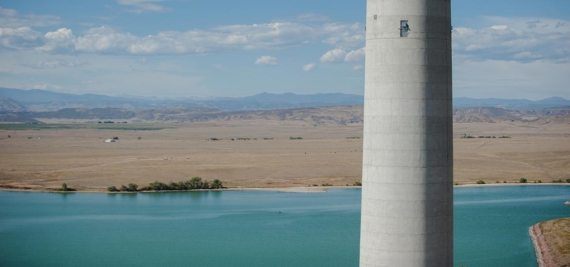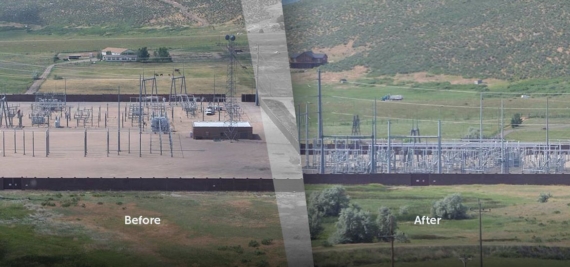Resources and Planning
Platte River Power Authority employs an adaptive strategy to cost-effectively maintain reliability, manage risks, and ensure regulatory compliance. During 2016, Platte River delivered its latest Integrated Resource Plan, initiated collaborative efforts to help satisfy individual resource needs of the owner municipalities, and began exploring potential participation in an existing Regional Transmission Organization. Platte River continues to evaluate future plans with an eye toward resource diversification.

Shown below is the Action Plan from the 2016 IRP, which helps shape near-term resource decisions for Platte River.
- Exit ownership of Platte River’s share of Craig Unit 1
- Integrate 30 MW of new solar generation into the portfolio
- Evaluate the acquisition of additional renewables generation
- Work with owner municipalities to develop customized future supply portfolios
- Continue expansion of cost-effective energy efficiency programs
- Continue development and implementation of a demand response pilot
- Participate with owner municipalities in the evaluation of distributed technologies such as community solar and combined heat-and-power applications
- Look to secure affordable ways of balancing expected long-term growth in renewables generation using services from the regional balancing authority or future organized markets
- Manage unit outage risk through mutual support agreements, use of peaking resources, or other market opportunities for capacity
- Actively monitor regional markets to understand options for cost-effective reliability products
- Provide direction to influence the development of regional energy and ancillary services markets




